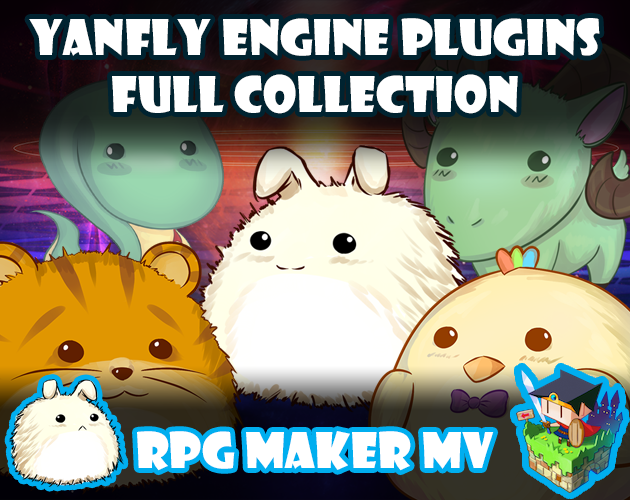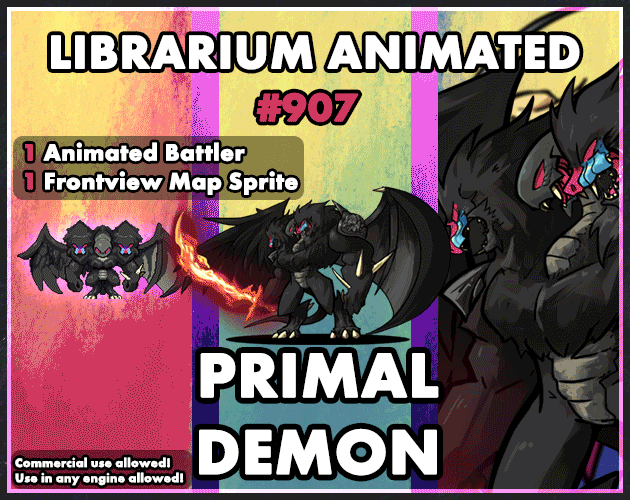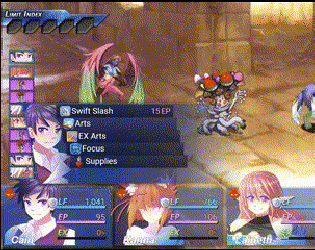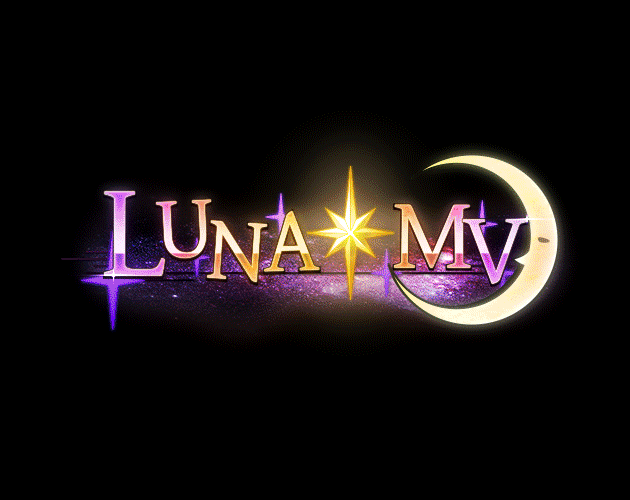Difference between revisions of "A Stranger's Tips: The Game Designer's Manifesto"
(Created page with "{| style="width: 800px;" cellspacing="0" cellpadding="0" | style="width: 100%; vertical-align: top;" | This article has been transcribed from [https://forums.rpgmakerweb.com/...") |
|||
| Line 1: | Line 1: | ||
| + | {{TOCright}} | ||
{| style="width: 800px;" cellspacing="0" cellpadding="0" | {| style="width: 800px;" cellspacing="0" cellpadding="0" | ||
| style="width: 100%; vertical-align: top;" | | | style="width: 100%; vertical-align: top;" | | ||
| Line 5: | Line 6: | ||
{{Article by Archeia}} | {{Article by Archeia}} | ||
| + | |||
| + | == An Introduction / Prelude == | ||
| + | |||
| + | Or as many of you little game makers would say, here is the "prelude". This tiny tome of mine would probably more suit makers of RPG's or games with long storylines, though I will also try to write a little for those who want to write a simple, hour-long game or so. But I want to concentrate more on story-oriented games. | ||
| + | |||
| + | It's no secret that some of you produce some very, very bad story scripts for your games. Story may not always be the element of a game people look most forward to, but I always like to think of it like a knot or a cog. If the knot is loose, if the cog is rusty, there is a great possibility the machinery isn't going to work as well as it can. And within that possibility, the chance lies that your machinery can fall apart. | ||
| + | |||
| + | And we don't want that to happen. | ||
| + | |||
| + | We want to make sure all the little cogs, all the springs, all the nuts, bolts, wires, are all in place and ready to go. That's why I'm writing this – to help you prepare yourself to do this. One last thing to keep in mind, I'm not an expert at game scripting. I've never produced anything I have been very proud of, with respect to writing a game's script (that has been turned into a game, anyway) but I do think I know some tricks, some hints, some tips that could at least help you improve a little, help you see your faults. | ||
| + | |||
| + | This guide is split into parts and at the end of each part I will pose a number of questions that you can ask yourself, as well as supplementary material, mostly about literary writing, not game writing, that I thought would be great extra reading material. | ||
| + | |||
| + | So here we go. | ||
| + | |||
| + | === Supplementary Material === | ||
| + | |||
| + | (Taken from Version 1 of [http://www.rachelsimon.com/wwg_attitude_v2.php]) | ||
| + | |||
| + | '''Note:''' This addresses theme in literary works, not games, but still very much applicable. This is just a little something you can read before you start preparing your story. The following excerpt addresses preparing yourself while writing: | ||
|} | |} | ||
Revision as of 13:46, 8 October 2019








|
VisuStella, Caz Wolf, Fallen Angel Olivia, Atelier Irina, and other affiliated content creators.
|
This article has been transcribed from RPG Maker Web. An Introduction / PreludeOr as many of you little game makers would say, here is the "prelude". This tiny tome of mine would probably more suit makers of RPG's or games with long storylines, though I will also try to write a little for those who want to write a simple, hour-long game or so. But I want to concentrate more on story-oriented games. It's no secret that some of you produce some very, very bad story scripts for your games. Story may not always be the element of a game people look most forward to, but I always like to think of it like a knot or a cog. If the knot is loose, if the cog is rusty, there is a great possibility the machinery isn't going to work as well as it can. And within that possibility, the chance lies that your machinery can fall apart. And we don't want that to happen. We want to make sure all the little cogs, all the springs, all the nuts, bolts, wires, are all in place and ready to go. That's why I'm writing this – to help you prepare yourself to do this. One last thing to keep in mind, I'm not an expert at game scripting. I've never produced anything I have been very proud of, with respect to writing a game's script (that has been turned into a game, anyway) but I do think I know some tricks, some hints, some tips that could at least help you improve a little, help you see your faults. This guide is split into parts and at the end of each part I will pose a number of questions that you can ask yourself, as well as supplementary material, mostly about literary writing, not game writing, that I thought would be great extra reading material. So here we go. Supplementary Material(Taken from Version 1 of [1]) Note: This addresses theme in literary works, not games, but still very much applicable. This is just a little something you can read before you start preparing your story. The following excerpt addresses preparing yourself while writing: |